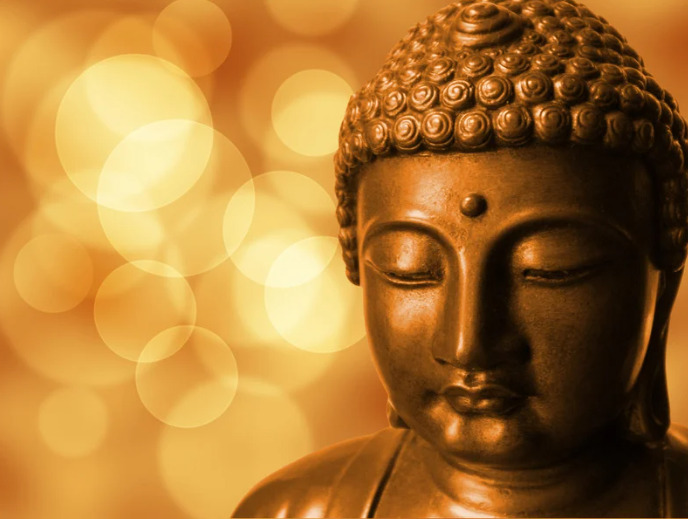
Over the past seventeen years I have known Venerable Dhamananda we have had many discussions about compassion. She has helped me accept that there is no magic formula to learn how to be more compassionate; it is our practice that leads us on the pathway to discovery. It takes time to learn how to be more caring towards ourselves and others. She has taught me that compassion, or karuna, is the feeling that you cannot bear to see another person suffer and so you reach out to help. Dhammananda says that when we help others, we heal ourselves.
I once asked Venerable Dhammananda to summarize Buddhism in one word: “The Heart,” she said, “it has to come back to the heart.” She said compassion makes our hearts soft. “When the heart is soft, we are truly open to our shared connection with others. The Buddhist text refers to the heart that cannot bear to see others suffer as the heart of Maha Purisa, which means great person. The ability to feel the suffering of others can be spontaneous. You don’t think about yourself, you just react, like when we see a person drowning, you immediately try to save them.”
Dhammananda said it is important to understand that before we can have compassion for others, we must first have compassion for ourselves. The Buddha said, be beneficial to yourself, then to others. How do we practice self-compassion? She said that one way to nurture compassion is through our breath. “When we take in air, we nourish ourselves. With our outgoing breath we share loving kindness and compassion with others, wishing them well. By breathing deeply, we nurture and heal ourselves. Being kind and loving to ourselves brings on a smile and we share that feeling with others. With our breathing we care for the world.”
Join Venerable Dhammananda Bhikkhuni, Trudy Goodman, and Cindy Rasicot online in a discussion about The Compassionate Heart on Thursday, November 17 at 7:00 pm. Venerable Dhammananda is a highly engaging speaker and enjoys taking questions from the participants about their Buddhist practice. Go here to register.
